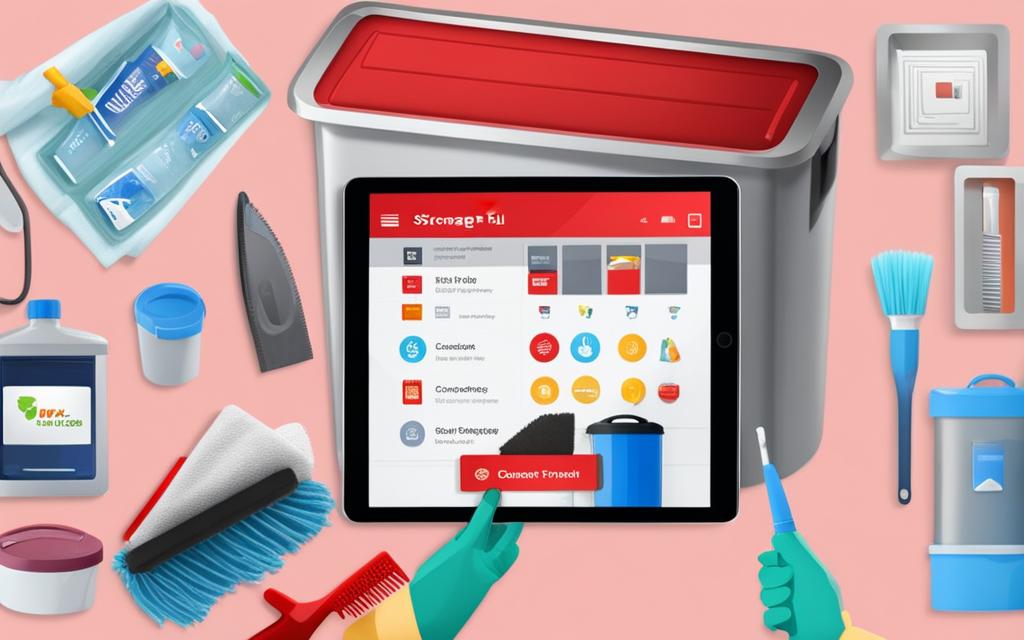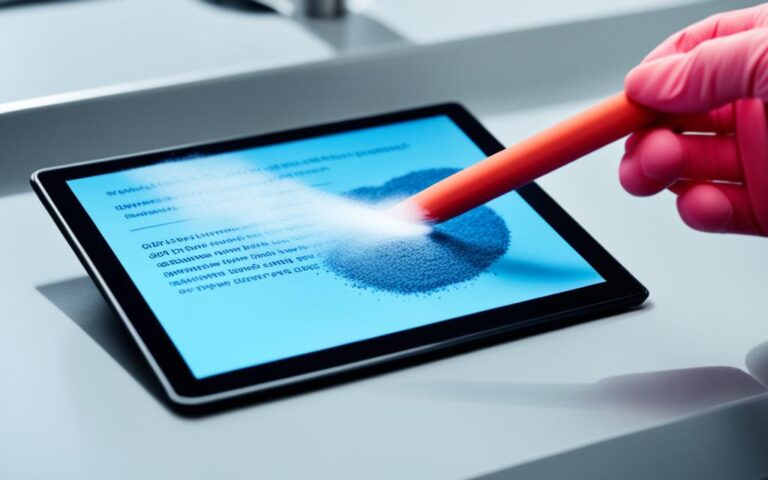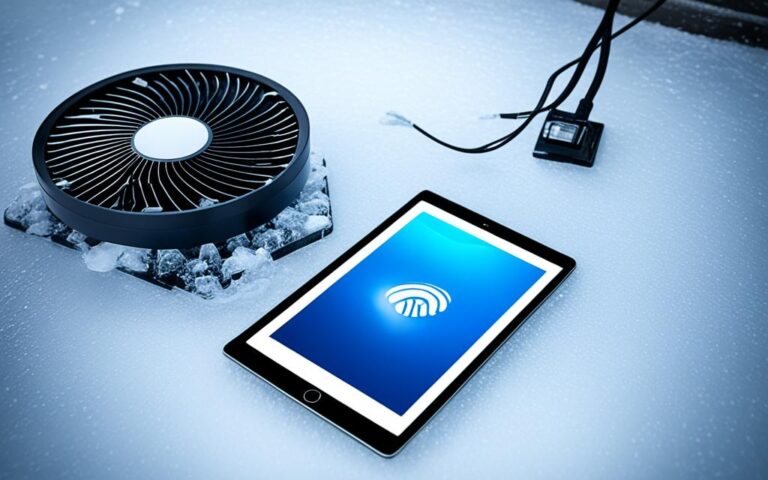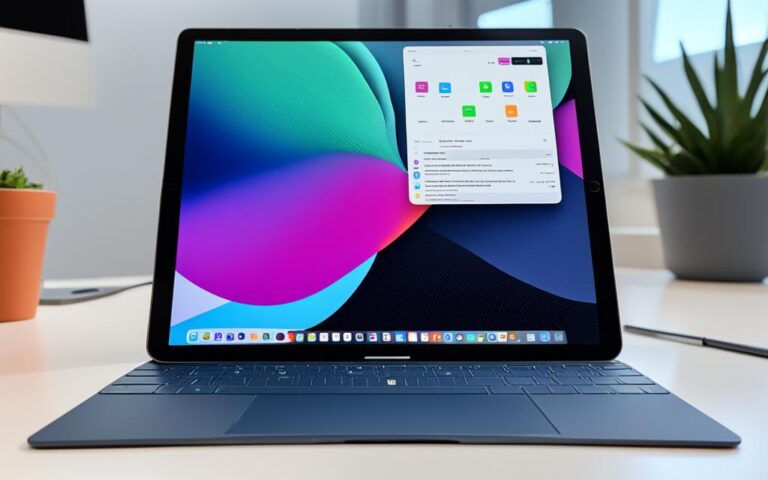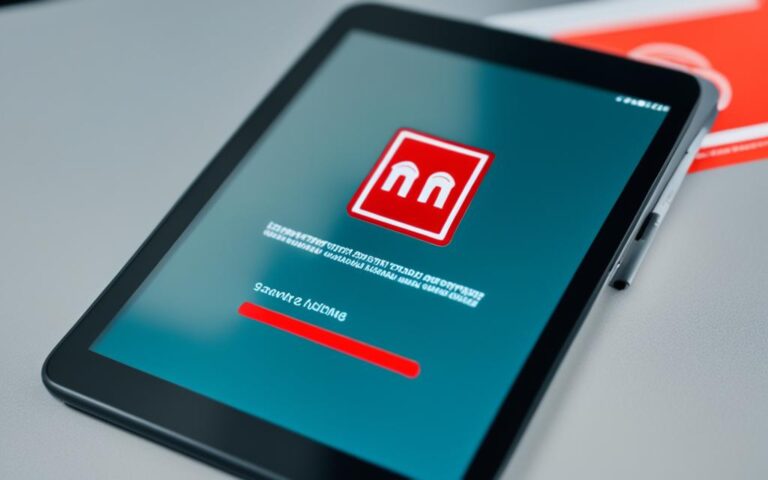Tablet Startup Disk Full: Cleaning and Solutions
Are you constantly receiving a warning message on your tablet saying “Your startup disk is almost full”? This issue occurs when there is not enough free space on the disk, causing performance problems and limiting your ability to store new files or applications. To resolve this problem and optimize the performance of your tablet, it is essential to clean up the startup disk and manage storage effectively. In this article, we will explore various solutions and tips for tablet startup disk cleanup, addressing the disk full problem, and managing storage on your tablet.
When your tablet’s startup disk is full, it can lead to sluggish performance, frequent crashes, and difficulty in carrying out routine tasks. However, by implementing the right techniques and utilizing the available tools, you can effectively manage storage on your tablet and free up valuable disk space.
To begin with, one of the best ways to manage storage on your tablet is to store files in the cloud. Services like iCloud or Google Drive provide ample storage space, allowing you to access your files from any device while freeing up disk space on your tablet.
Another effective method to optimize storage on your tablet is to enable the option to optimize storage. This feature, available on Mac tablets, automatically stores infrequently used files in the cloud, freeing up space on the startup disk.
Emptying the trash automatically is another valuable practice. By enabling this option, you can ensure that deleted files are permanently removed from your tablet, releasing disk space.
Removing unneeded large files can significantly contribute to freeing up disk space. Identify and delete files that are no longer necessary or that can be accessed from other sources, such as cloud storage.
Clearing the cache, removing logs, deleting language resources, and deleting unnecessary downloads can further help in reclaiming valuable disk space.
Regularly emptying the trash and uninstalling unused apps are also essential steps to prevent the startup disk from becoming full. Sometimes, old iPhone backups can take up substantial disk space, and removing them can make a noticeable difference.
Additionally, using a reliable disk cleanup tool like MacCleaner Pro can simplify the process by removing temporary files and old backups, ensuring that your tablet’s startup disk remains free of clutter.
Remember, managing storage on your tablet is an ongoing process. Regularly check and delete unnecessary files to prevent the startup disk from becoming full and to optimize your tablet’s performance.
Understanding Disk Usage and Possible Causes of High Disk Usage
Disk usage refers to the percentage of a device’s hard disk that is currently being used to run programs and carry out tasks. This metric is crucial in determining the capacity and performance of the disk. When the disk usage is high, it can significantly impact the overall performance of the tablet, leading to slow response times and delays in executing tasks.
There are several possible causes of high disk usage on a tablet. It is important to identify these causes to effectively address the issue. Some common culprits include:
- Malware: Malicious software can consume significant disk resources, resulting in high disk usage. Running regular malware scans and using reliable antivirus software can help detect and remove any malware that may be causing the issue.
- Unnecessary background processes: Background processes running in the background, such as system updates or software installations, can consume disk resources. Identifying and disabling unnecessary background processes can help reduce disk usage.
- Outdated backups: Outdated backups can take up a considerable amount of disk space, leading to high disk usage. Regularly reviewing and removing outdated backups can help free up disk space.
- Large files and applications: Storing large files or installing resource-intensive applications can quickly fill up the tablet’s disk, resulting in high disk usage. Removing unnecessary large files and uninstalling unused applications can help free up disk space and reduce disk usage.
It is crucial to keep track of the disk usage on your tablet and take appropriate steps to address high disk usage. By identifying the possible causes and implementing the necessary solutions, you can improve the tablet’s performance and prevent further disk-related issues.
Possible Causes of High Disk Usage
| Cause | Description |
|---|---|
| Malware | Malicious software that consumes disk resources |
| Unnecessary background processes | Processes running in the background that consume disk resources |
| Outdated backups | Obsolete backup files that occupy disk space |
| Large files and applications | Files and applications that require a significant amount of disk space |
To provide further clarification, let’s examine the impact of each possible cause of high disk usage. Firstly, malware can infiltrate your tablet and carry out malicious activities that consume disk resources. By running regular malware scans and having effective antivirus software, you can detect and remove any malware present on your tablet, subsequently reducing disk usage.
Secondly, unnecessary background processes can contribute to high disk usage. When various background processes continue to run, they consume valuable disk resources, resulting in increased usage. Identifying and disabling unnecessary background processes can help alleviate this issue, freeing up disk space and reducing disk usage.
Next, outdated backups take up disk space and contribute to high disk usage. It is important to review and remove any outdated backups regularly to ensure optimal disk performance and prevent unnecessary storage consumption.
Lastly, large files and applications can quickly fill up the tablet’s disk and result in high disk usage. By removing unnecessary files and uninstalling unused applications, you can create more space on your disk, effectively reducing disk usage.
Understanding the possible causes of high disk usage is the first step in addressing the issue. By implementing the appropriate solutions and regularly monitoring disk usage, you can optimize your tablet’s performance and prevent unexpected storage-related complications.
Tips to Lower Disk Usage on a Tablet
When your tablet’s disk usage is high, it can significantly affect performance and slow down your device. To address this issue and optimize your tablet’s performance, here are some effective tips to lower disk usage:
- Restart your device: Restarting your tablet can help flush the memory and stop unnecessary tasks and data that may be causing high disk usage.
- Update your operating system: Keeping your operating system up to date is essential for resolving compatibility issues and improving disk performance. Regularly check for system updates and install them promptly.
- Reduce startup apps: Having too many apps launching at startup can consume valuable system resources and contribute to high disk usage. Disable or remove unnecessary startup apps to free up resources.
- Update device drivers: Outdated or incompatible device drivers can also lead to high disk usage. Update your device drivers regularly to ensure optimal performance and compatibility with your tablet.
- Check for viruses: Malware and viruses can cause high disk usage as they consume system resources. Use reliable antivirus software to scan and remove any malicious software affecting your tablet.
- Clean junk files: Over time, your tablet accumulates unnecessary files and temporary data that take up valuable disk space. Regularly clean junk files using disk cleanup tools to free up disk space and optimize performance.
- Change energy options: Adjusting your tablet’s energy options to high performance can allocate more resources to disk operations, reducing disk usage and enhancing overall performance. Keep in mind that this may impact battery life.
By following these tips, you can effectively lower disk usage on your tablet, improve performance, and ensure smooth operation. Remember to regularly restart your device, update the operating system and device drivers, reduce startup apps, check for viruses, clean junk files, and adjust energy options as needed.
| Actions | Effectiveness |
|---|---|
| Restart device | High |
| Update operating system | High |
| Reduce startup apps | Medium |
| Update device drivers | Medium |
| Check for viruses | High |
| Clean junk files | High |
| Change energy options | Medium |
Dealing with Disk Errors and Disabling Superfetch
Disk errors can contribute to high disk usage and should be addressed promptly. Running a disk check using CHKDSK can help identify and fix any errors on the tablet’s disk. Disabling Superfetch, a feature designed to optimize RAM usage, can also reduce disk usage. However, it is important to note that disabling Superfetch may not always directly impact disk usage and should be re-enabled if it does not resolve the issue.
| Step | Action |
|---|---|
| 1 | Open Command Prompt as an administrator. |
| 2 | Type chkdsk C: and press Enter, replacing “C” with the drive letter where your tablet’s operating system is installed. |
| 3 | Press Y and then Enter to schedule a disk check for the next system restart. |
| 4 | Restart your tablet to initiate the disk check. |
| 5 | Wait for the disk check to complete. This process may take some time. |
| 6 | Once the disk check is finished, your tablet will restart automatically. Check if the disk errors have been resolved. |
Disabling Superfetch can be done by following these steps:
- Press the Windows key + R to open the Run dialog box.
- Type services.msc and press Enter.
- Scroll down and locate the “Superfetch” service.
- Right-click on “Superfetch” and select “Properties”.
- In the “General” tab, select “Disabled” in the “Startup type” section.
- Click “Apply” and then “OK” to save the changes.
- Restart your tablet to apply the changes.
Conclusion
Optimizing the performance of your tablet and keeping your startup disk clean and free from unnecessary files is essential for a smooth and efficient user experience. By following the tips and solutions discussed in this article, you can effectively manage your tablet’s storage and keep your disk usage optimized.
Regularly monitoring your disk usage and performing disk cleanup actions, such as emptying the trash, deleting unused apps, and clearing cache and logs, can help free up valuable disk space. Additionally, storing your files in the cloud and enabling options to optimize storage can further help manage storage on your tablet.
Remember to periodically restart your tablet, update the operating system and device drivers, and check for and remove any viruses or malware that may be affecting your tablet’s performance. Cleaning up junk files and disabling unnecessary background processes are also important steps to optimize disk usage and maximize tablet performance.
By implementing these strategies, you can ensure that your tablet is running at its best and avoid the common issue of a full startup disk. Keep your tablet optimized, free up disk space, and enjoy a seamless and efficient tablet experience.
